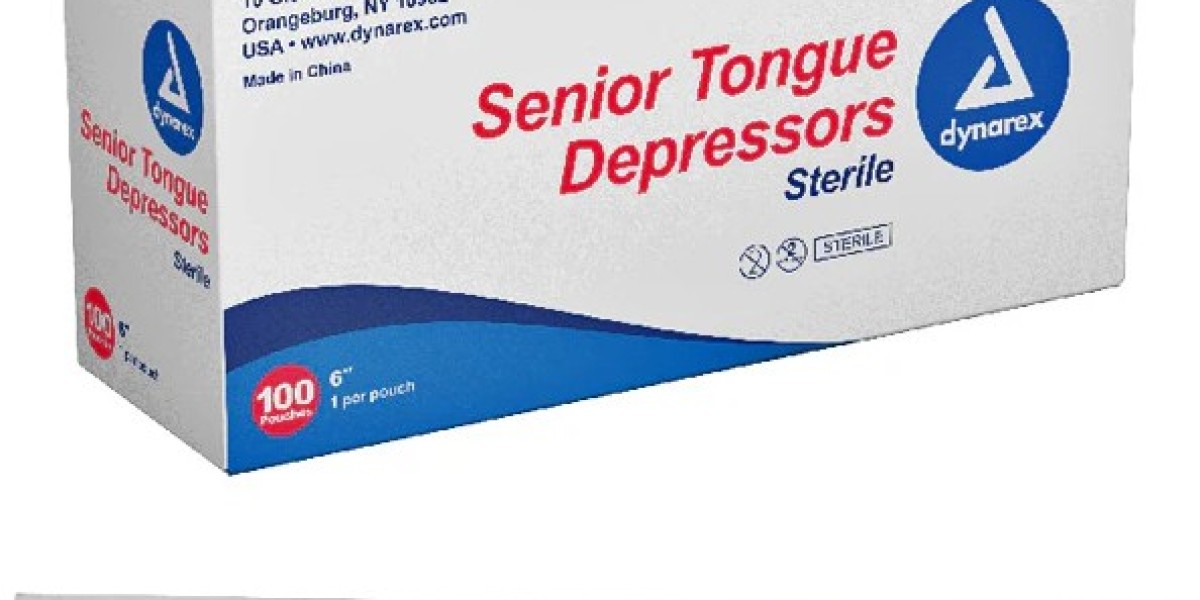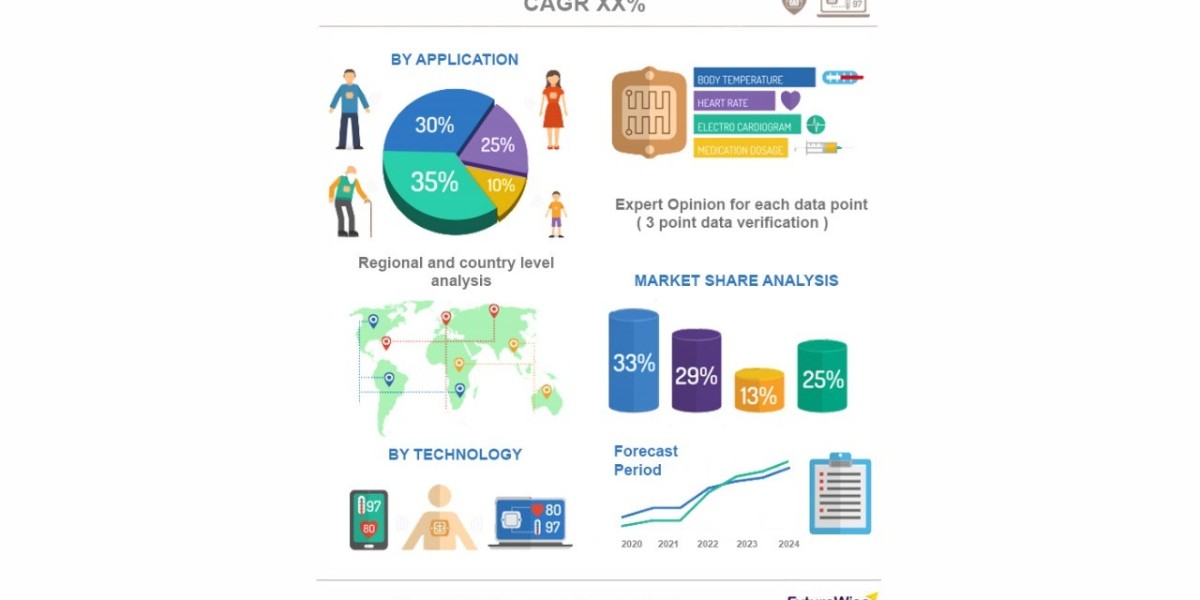Introduction
Running a dealership today isn’t just about selling cars—it’s about staying compliant. With the Federal Trade Commission (FTC) and state laws constantly evolving, dealerships must ensure that every part of their operation, including outsourced partners like BDCs (Business Development Centers), follow the rules. Otherwise, they could be hit with hefty fines, lawsuits, or even business shutdowns.
So, how do you verify your BDC partner is playing by the rules? Let’s dive into it.
Understanding FTC Automotive Sales Compliance
What Is the FTC?
The Federal Trade Commission (FTC) is a government agency tasked with protecting consumers and promoting competition. When it comes to dealerships, the FTC monitors advertising practices, data handling, credit disclosures, and more Outsourced BDC.
Key FTC Rules for Dealerships
Truth in Lending Act (TILA)
Requires clear and truthful financing disclosures.Gramm-Leach-Bliley Act (GLBA)
Focuses on protecting consumer financial information.Safeguards Rule
Mandates dealerships to have a formal security plan to protect consumer data.CARS Rule (2024)
A new regulation cracking down on misleading pricing and junk fees in auto sales.
Common Compliance Pitfalls
“Bait-and-switch” advertising
Hiding additional fees
Improper credit disclosures
Mishandling customer data
State-Specific Automotive Sales Regulations
Why State Laws Matter
Every state has its own layer of automotive sales regulations, including licensing, advertising, and consumer protection laws. Violating these can be just as costly as breaking federal rules.
Examples of Varying State Requirements
California: Requires clear online price advertising and strict documentation.
Texas: Prohibits certain promotional giveaways in advertising.
New York: Regulates how "zero down" offers are communicated.
What Is a BDC and Why Do Dealerships Outsource It?
Definition of BDC
A Business Development Center (BDC) handles lead generation, appointment setting, and customer communication—basically the heartbeat of a dealership’s sales pipeline.
Why Outsource?
Cost savings
Scalability
Access to trained staff
Focus on core business
The Risk Factor
An outsourced BDC speaks on your behalf. If they say or do something non-compliant, your dealership is still on the hook.
Legal Responsibilities of Dealerships When Outsourcing
The Buck Stops With You
Even if you didn’t write the script or send the ad, the dealership is legally liable for any violations made by your BDC partner.
Due Diligence Isn’t Optional
Before hiring a BDC, you must vet them carefully to ensure they understand and follow both FTC and state-specific laws.
Red Flags of Non-Compliant BDC Partners
Too-good-to-be-true offers – Promising unrealistic financing or pricing.
Vague disclosures – Missing APRs, term lengths, or fees.
Data sloppiness – Insecure platforms, lack of encryption, or poor data access control.
Pushy or misleading language – Overpromising or using deceptive sales tactics.
Verifying Compliance Step-by-Step
Step 1: Ask for Compliance Certifications
A serious BDC partner should have certifications showing they've completed FTC and local legal training. Ask for proof.
Step 2: Review Contracts and SLAs
Your service agreement should explicitly state that the BDC must comply with all FTC and state laws. Include clauses for penalties if they don't.
Step 3: Conduct Regular Audits
Set up monthly or quarterly audits. Review call recordings, chat transcripts, and email campaigns for any compliance issues.
Compliance Training and Education
Train Their Staff Like Yours
Make sure your outsourced BDC receives the same compliance training as your internal staff. That includes:
Fair credit practices
Data privacy
Proper disclosures
Stay Updated
Laws change. So should your training materials. Ensure ongoing education is part of the BDC's routine.
Role of Compliance Officers and Legal Counsel
Internal Compliance Officers
Have your compliance team review BDC communications regularly Sales BDC.
External Legal Counsel
Use legal advisors familiar with auto sales laws to periodically evaluate BDC procedures and ensure there’s no exposure.
Utilizing Technology for Monitoring
CRM Integration
Ensure your CRM logs and archives every customer interaction. This creates a trail in case compliance is questioned.
Call Tracking Software
Use call tracking to analyze conversations for compliance violations using AI.
AI Monitoring Tools
AI tools can now scan scripts, emails, and chats to detect red flags automatically.
Reporting and Documentation
Always Keep Receipts
Document every audit, training, and meeting. This helps show regulators you’re being proactive.
Violation Protocol
Have a set process if you discover non-compliance—report internally, correct the issue, and document the steps you took.
Partnering with FTC-Compliant Vendors
What to Look For
Proven track record
Legal support team
Transparent pricing
No black-box scripts
Questions to Ask Before Signing
Can we review your call scripts?
What compliance training do your reps receive?
How do you stay updated on FTC and state laws?
State DMV and AG Office Resources
Use Local Tools
Many state Departments of Motor Vehicles (DMVs) and Attorney General offices publish compliance guides or offer dealer support hotlines.
Check Vendor Histories
Search public databases for past complaints or violations against your BDC partner.
Case Studies of Dealerships Facing Fines
Example 1: $3.3 Million Fine for False Advertising
A large dealership group was fined for fake offers and undisclosed fees through third-party BDCs.
Example 2: Data Breach from Outsourced Vendor
One dealership suffered a major data breach because their BDC had weak security protocols. Lawsuits followed.
Takeaway
Trust, but verify.
Conclusion
Outsourcing your BDC can be a smart move—but only if you keep tight control over compliance. The FTC and state authorities don’t care who said what—they care who’s responsible. And that’s you. So vet your partners, train everyone thoroughly, audit often, and document everything. Because in today’s regulatory environment, ignorance isn’t bliss—it’s expensive.
FAQs
1. Who is legally responsible if a BDC breaks the law?
The dealership is legally responsible—even if the BDC partner made the mistake.
2. How often should I audit my outsourced BDC?
Ideally, monthly or quarterly. The more frequent, the better your risk mitigation.
3. What should a compliant BDC partner provide me with?
Training records, sample scripts, audit reports, and access to their communication tools.
4. Are there tools that can automate compliance monitoring?
Yes. AI-powered CRM, call monitoring, and content review software can help catch issues early.
5. What happens if I discover a compliance violation?
Document it, notify your legal/compliance team, correct the issue, and if necessary, report it to regulators.









